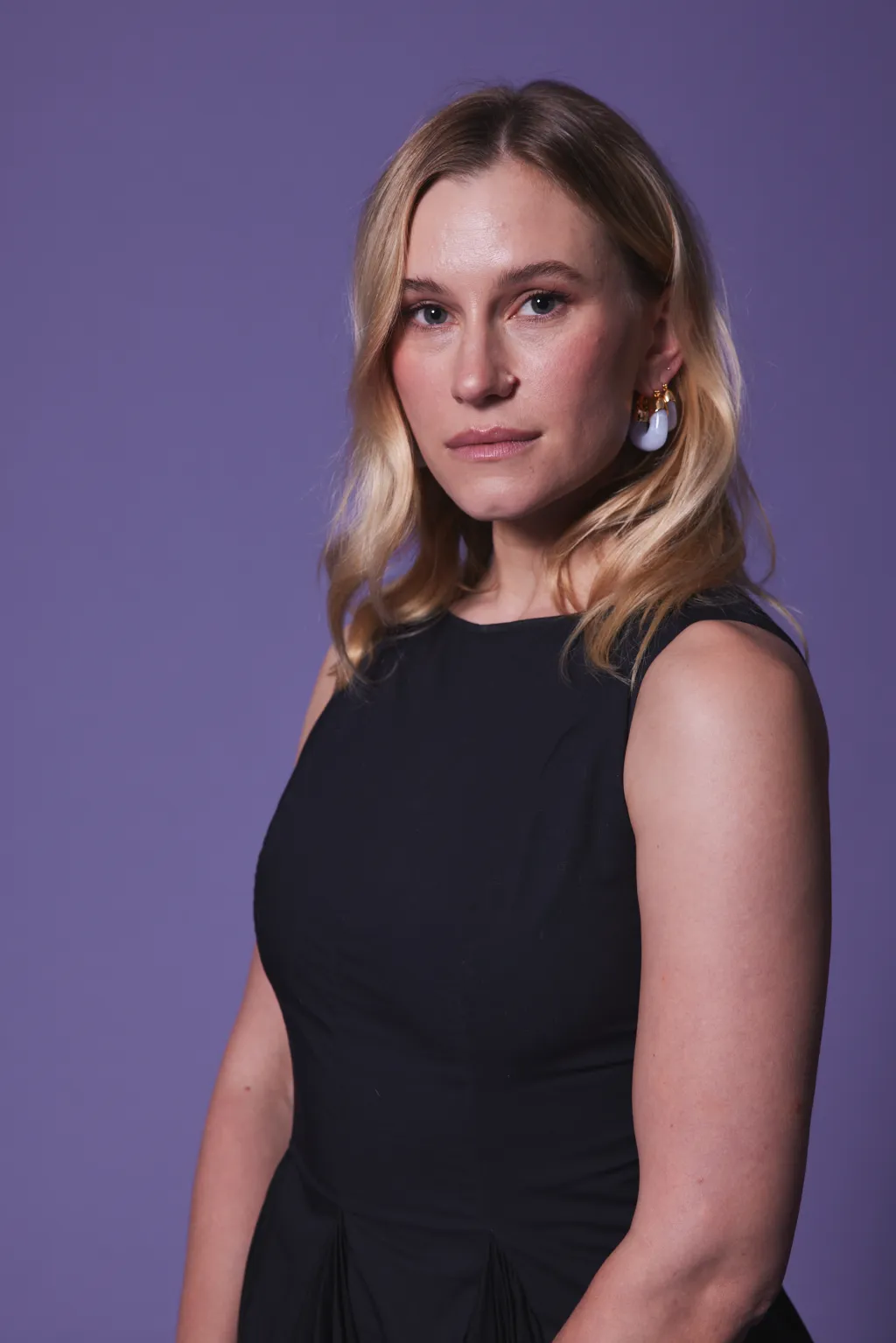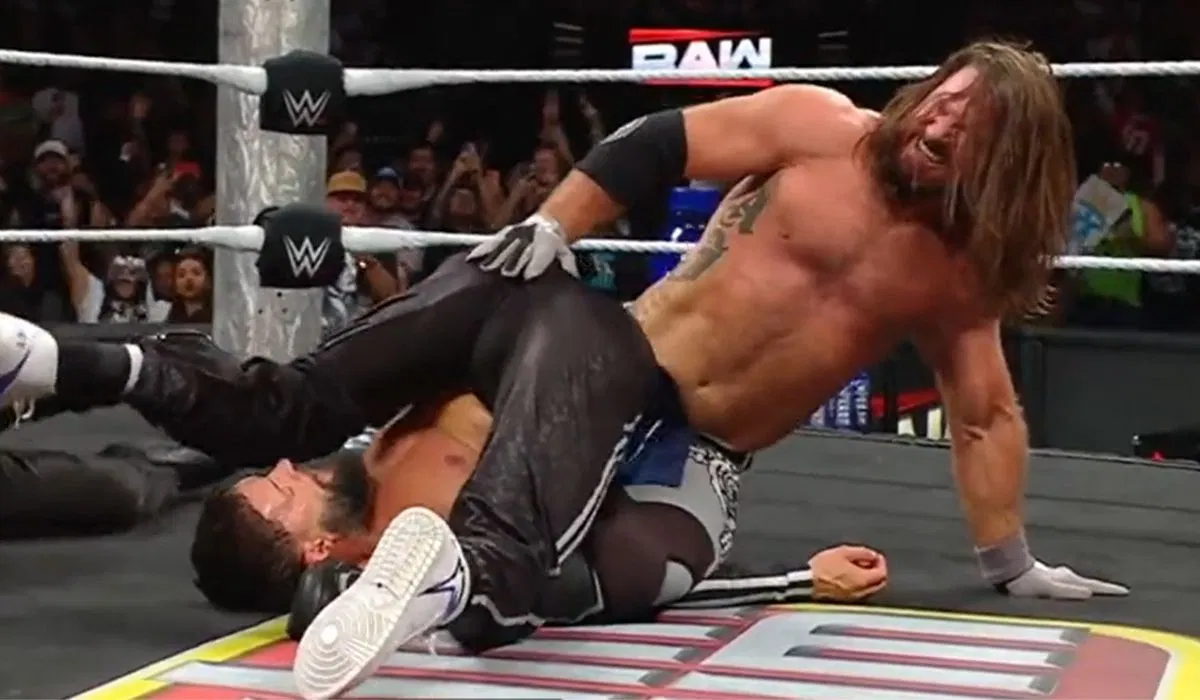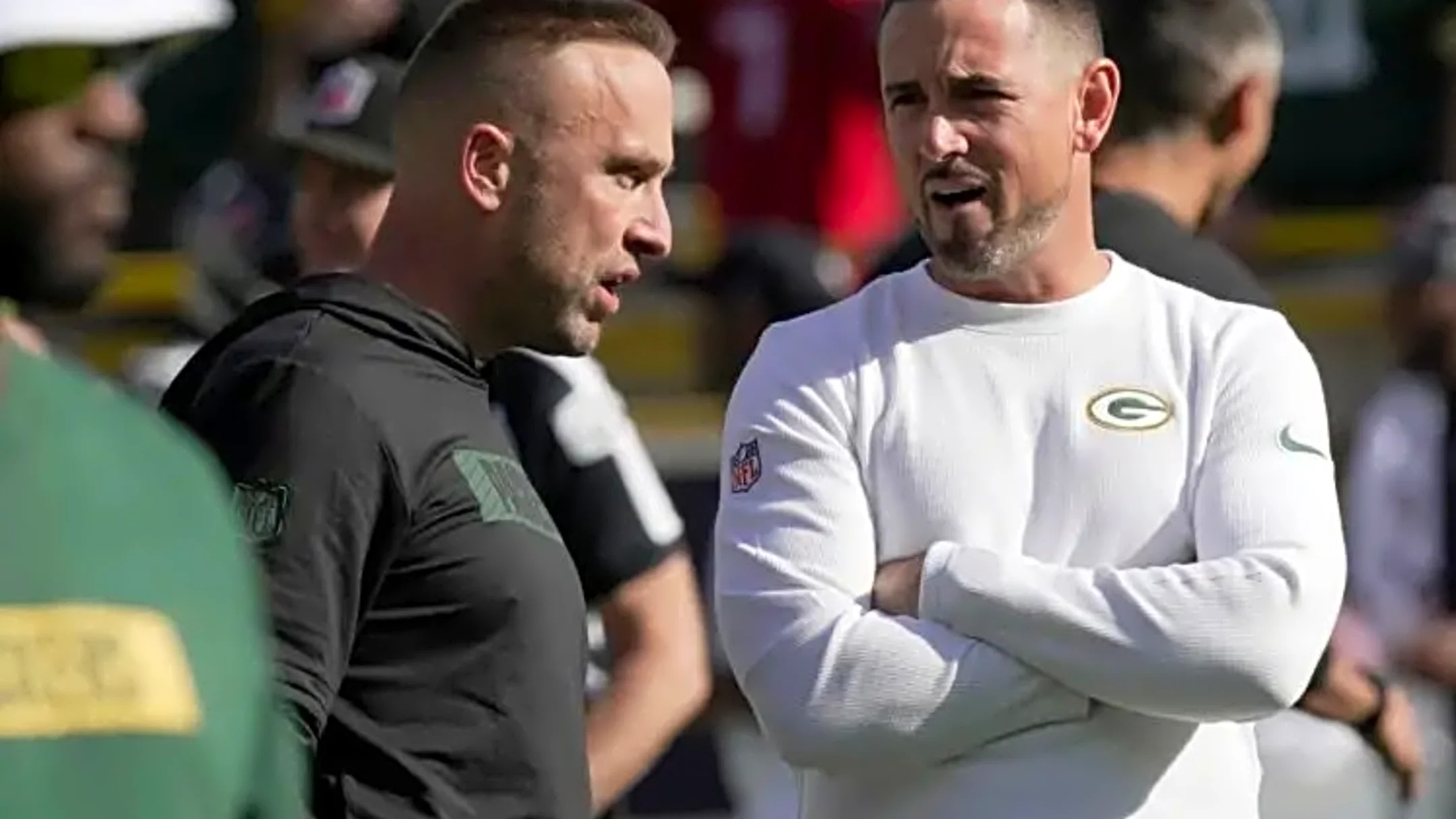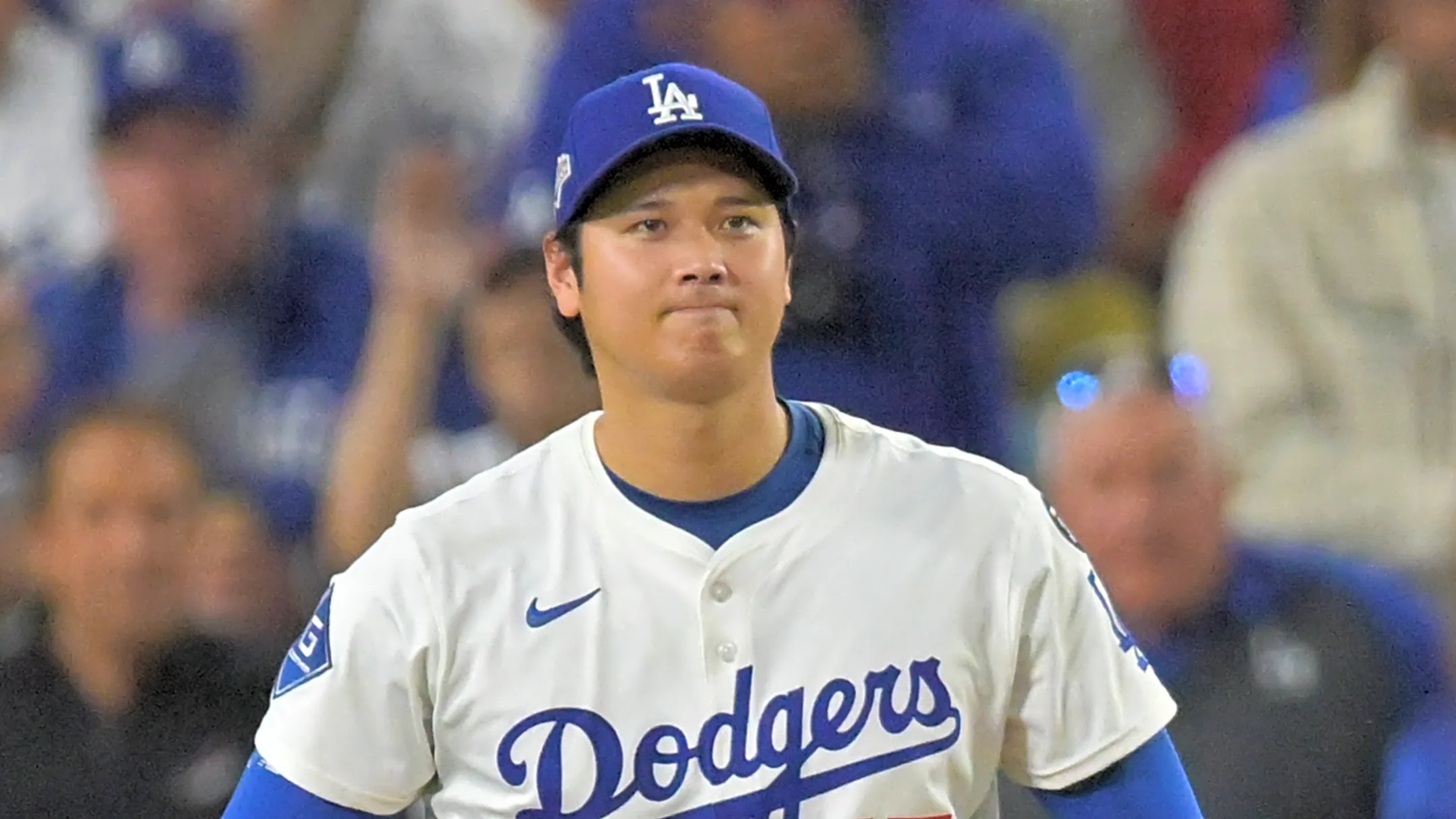Copyright Deadline

Nora Garrett is proof that screenwriting dreams can come true. As a first-time screenwriter, the experience of being on Luca Guadagnino’s set and seeing Julia Roberts, Ayo Edebiri, Andrew Garfield, Michael Stuhlbarg and Chloë Sevigny embodying her characters, was, she says, “incredibly surreal.” After the Hunt follows Yale professor Alma (Roberts) who is deeply shaken when her student Maggie (Edebiri) accuses Alma’s close friend and colleague Hank (Garfield) of sexual assault. Here, Garrett describes the experience of working closely with Guadagnino to bring to life a nuanced piece of social commentary set in the cloistered and hierarchical world of academia. DEADLINE: I know you wrote this screenplay in a workshop. Can you talk about what kind of ideas you were mulling over at the time and how the story came to you? GARRETT: I had the idea prior to taking the class. It was a 12-week course, the thrust of which was, ‘You’re going to learn a structure that’s very facile and that will help you finish a first draft of a screenplay in 12 weeks.’ It’s really just a bootcamp. And I think that, looking back on it, the themes in the piece are ones that I have been thinking about for a long time and gestating on for a long time and have been attempting to tackle in different forms through prose or in plays or in smaller formats. And then the idea really began with the essential character of Alma. I always knew that I wanted her to be a professor and I always knew that I wanted it to be that triumvirate of her, another professor and the student. DEADLINE: Why do you think you lit on her as your protagonist? GARRETT: It’s funny. I think to me academia and especially higher education at the level of Yale, at the level of the ivy leagues, it’s something that has a lot of mythos attached to it and a lot of lore. And there’s a lot of promise attached to it in terms of if you get in, what that means about you and then what that means about your future. And to be a professor on the cusp of gaining tenure at one of these institutions, it really is like the brass ring, it’s the final frontier. And to have a character who has worked her way up through these power dynamics in academia that I feel are similar to Hollywood, that are so entrenched, but also very slippery and tacit, but obvious simultaneously — this woman has spent her whole life cordoning off pieces of herself in order to reach this apex. And then, as soon as she’s there, the idea that circumstances would occur that would make it so that she could no longer successfully keep those other parts of her away from the identity that she projects out into the world? I was just interested in what new reality she would have to enter into. Certain men who look a certain way and have a certain pedigree can behave imperfectly, to say the least, and still be confirmed into a position of power that has long-reaching consequences. And a woman can behave perfectly and still be disbelieved. Nora Garrett DEADLINE: You also address the Gen X / Gen Z divide. Chloë Sevigny’s character, Kim, says it so well: “What happened to stuffing it all down?” But then, also, why should a Gen Z student like Maggie have to perpetuate the nightmare of suppression and playing nice? Interestingly, neither Alma nor Maggie are particularly nice though, and I really like that. They’re conflicted humans. They’re both at times awful and also sympathetic in equal measure. I hope that was your intent. That’s how I feel about them. GARRETT: That’s the promise of the meritocracy: if you suffer and if you’re good enough and if you pay your dues and eat a certain amount of s–t, one day you’ll be in a position of power. And the sort of tacit promise of that, is that whoever’s under you will have to go through the same thing. But I do think there’s this sense of why? There’s a lot of questioning of why? Why should I have to suffer? Why should I have to pay my dues in this way? If I know that this is what I’m worth and I know that this is what I want, and I believe in a humane workforce, why should I have to be a part of one that’s inhumane? And I think that questioning can be very uncomfortable. But it’s funny, it’s like to me, Maggie and Alma, I feel like there are definitely thorny and murky aspects to their characters, and I agree with you that I don’t think either is particularly moving from their best intentions. And I think that both mirror that in the other. DEADLINE: And then the male characters also prompt a closer look at our own prejudices too. Like with Andrew Garfield’s character Hank. I hated him, but then, at times, I wasn’t sure if there was a grey area. Maggie probably lied about other things, but that’s a realistic, human situation. GARRETT: Yeah. I think that an incident in culture that was hugely impactful for me, and I don’t think I even realized at the time how impactful it was, was the hearing for Brett Kavanaugh’s confirmation and the allegations that were brought forth against him — to listen to a woman who was so composed, so well-spoken, and to me, obviously speaking from a place of truth of her experience. And then to watch him rebut her from a place of complete entitlement, and almost having a tantrum, and then to still go on to be confirmed and to be on the Supreme Court, making decisions, and for her to sort of have an ignominy. To me, I just felt like it was a real disillusionment and a real feeling that, OK, men can act not only- I don’t want to make gross generalizations, but certain men who look a certain way and have a certain pedigree can behave imperfectly, to say the least, and still be confirmed into a position of power that has long-reaching consequences. And a woman can behave perfectly and still be disbelieved. DEADLINE: And vilified for even speaking. GARRETT: And vilified. Exactly. And completely vilified and hunted. And I think that, to me, Maggie is purposefully an imperfect person who potentially maybe did lie about plagiarism. And I think it really is for the audience to look at and hopefully think about the same with Andrew Garfield’s character. Why am I inclined to believe this person over this person? And why does this evidence challenge that belief, or affirm that belief? It’s really about asking those questions. DEADLINE: How did you first connect with Luca and what were those initial conversations? GARRETT: So, when the script first went to [production company] Imagine [Entertainment], we had a producer meeting with Imagine, and my manager, Sydney Blanke, was really careful about who she sent the script to, but also really careful about wanting me to have the experience of meeting with different producers. But it was pretty clear that Imagine was the right fit, and part of that was because they made a really lovely and robust list of directors that they wanted to take the script to. And Luca was right at the top always, and I truly thought it was kind of a ‘nice try’ thing, just because I admired his work so much and I also knew him to be incredibly busy. But they sent it to his agent anyways. And originally Luca had a scheduling conflict, but then that fell through at the last minute. And when Luca wants to move, he moves incredibly quickly. So, pretty much as soon as he decided that he wanted to do it, then it was suddenly Julia Roberts and then there was the cast. It just happened all very fast. Because I think Luca and I had our first meeting in March, and then the script, we went into pre-production in June. It was wild seeing [Julia Roberts] in the hair and makeup and really realizing how many people are converging on creating something that I was writing in my studio apartment not a year ago, prior to filming. Nora Garrett DEADLINE: So did he ever tell you what it was about your work and your storytelling that spoke to him the most? GARRETT: I mean, if I can glean from what he’s also said to me and also in interviews, I think it was a sense of talking about this current social moment or a sense of a story that was of kind of a time capsule, but also relevant to the now of it all. And he said something about also just the dialogue and the way it reminded him of morality films that he grew up on, dramas about just the human experience that he grew up on, I think, was part of it. DEADLINE: Can we talk a little bit too about Michael Stuhlbarg’s character of Frederick? Obviously Michael has worked with Luca before and that character is so interesting to me. It must be very interesting to see your characters get cast, so I was just curious about that, starting with him because he’s such a specific character. GARRETT: I think that I was very interested in the notion of experimenting with traditional gender roles. I think in the sense that usually how dynamics play out in heterosexual, heteronormative couples is that the man is potentially more ambitious, more work-focused, more outward-facing, and the woman is still, even in our day and age, I think it’s changing a lot, but in a lot of, again, stereotypical couples, the woman is the one who is not even necessarily more in the home sphere, but usually has to take a back seat in these type of power couples. Has to take a back seat to the man’s brilliance. I had gotten really sick of the tropes of the male genius who was also considered a genius by how many people he left heartbroken and wanting and dissatisfied in his wake. That felt to me like something that was used in those type of narratives to support what a genius this guy was. And, I mean, that’s not a level of disassociation and lack of empathy that a woman can afford to have. But I was curious, what if you had a couple in which you have a very high-achieving, very ambitious, very power-hungry and power-focused woman and a very loving, understanding, patient, doting husband? And in the original script it was like everyone was kind of reaching their fulcrum point. Everyone was getting to the point where the straw was about to break the camel’s back. I think that in Luca’s envisioning of the script, he wanted Frederick to be more of a center and a nucleus of love, more of that centrifugal force of love for Alma to orbit around, and then occasionally have to test, to see how far she could push it. Because I think that Alma is a person who fundamentally has a lot of self-denial and not full integration with herself. So therefore there’s a lot of uneasiness with that type of love, I think. DEADLINE: Yes, she’s a deeply avoidant personality type for sure. GARRETT: Which again, is usually a male trait, because there is statistically an association with people who are able to be more emotionally avoidant with being more productive in capitalism, basically. DEADLINE: Did you get to go to the set in London? GARRETT: I did. Another thing that is unique about working with Luca is that he brings his writers on set, and that’s rare. And so, I was there for not all of pre-production, but a good amount, and then the entirety of shooting. DEADLINE: What about seeing Julia for the first time in the role of Alma on the set? What was that like? GARRETT: She worked every single day, but one. She was on set all the time. And it’s so funny having the experience of being able to watch different actors’ processes because Julia is someone who on set is very convivial, very fun, cracking jokes, and then as soon as it’s time, she’s in it and in it 1000%. It’s amazing to watch someone who is obviously such a professional but has accumulated that level of trust with herself and that level of capacity for spontaneity and preparation-meeting-spontaneity in the character. It was wild seeing her in the hair and makeup and really realizing how many people are converging on creating something that I was writing in my studio apartment not a year ago prior to filming. Incredibly, incredibly surreal. Also, while we were shooting, I was staying in Notting Hill, and so that was funny because I’d go to set and see her, and then I would come off of set and be in Notting Hill and see a bunch of people with her on their tote bag. It was very funny. DEADLINE: So what do you want to do next? GARRETT: A comedy, I never want to talk about a social issue ever again. No. I’m just kidding. I don’t think I can avoid that, but I have a couple things in the works already, which I’m really excited about. Part of the great gift of this has been having a career as a writer. Now I’m beginning my career as a writer and I’m a person who’ve had a lot of vocations but never had a career, and this is just… I’m in love with writing and I love being a writer and I feel so lucky. So yeah, I think I’m always going to be interested in things that are more character-forward and about human relationships and how we become more human or less human through those relationships. I’m excited to explore all different kinds of genres after this. After the Hunt is in theaters now.



